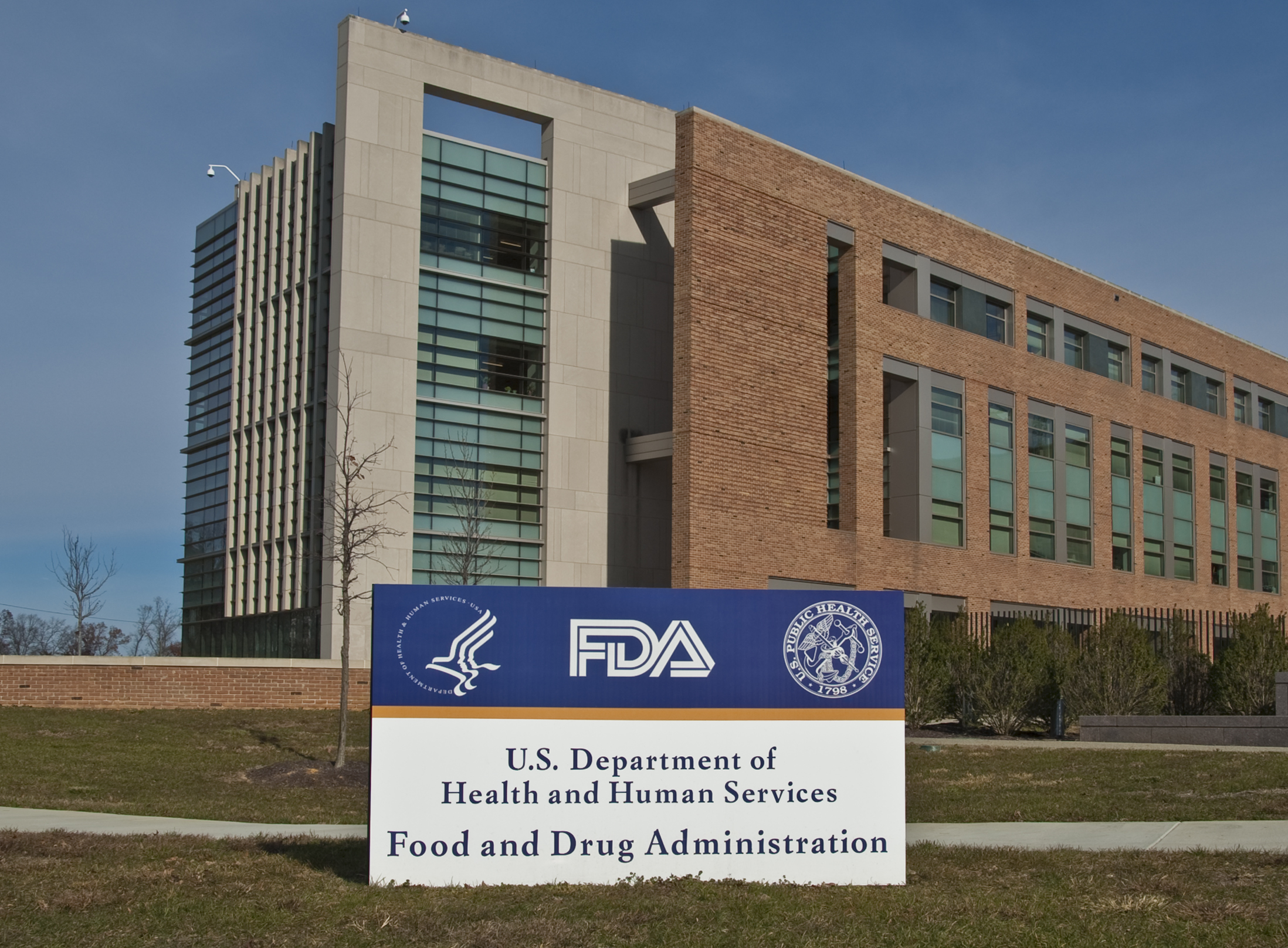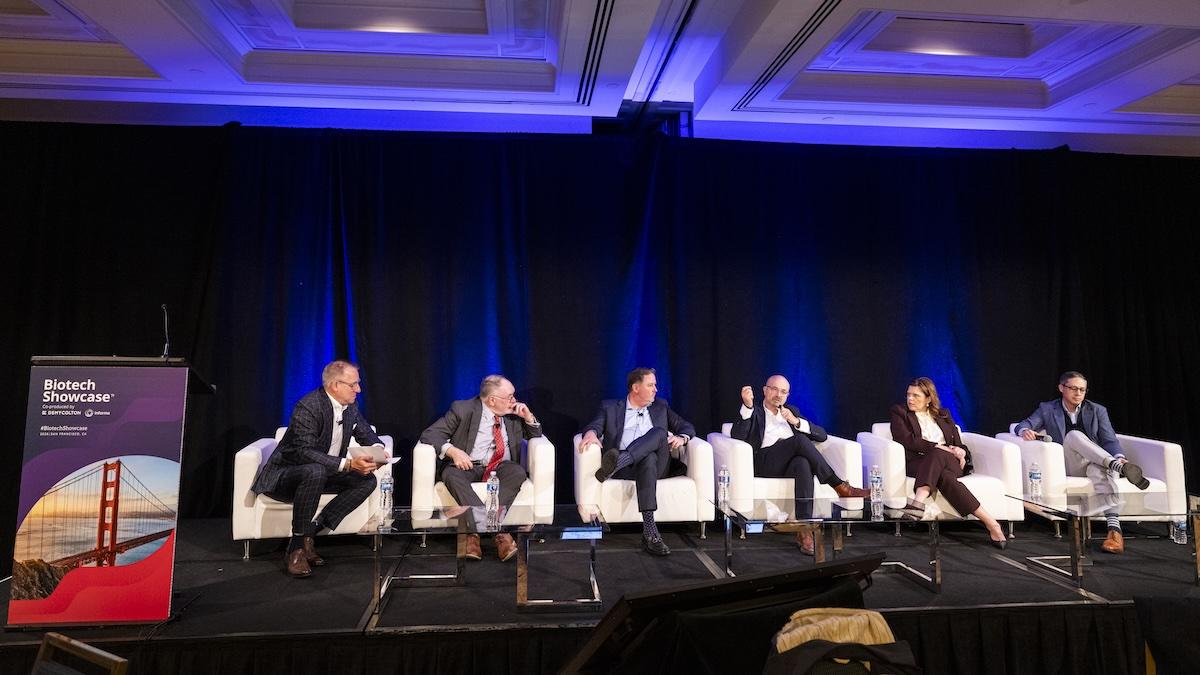FDA says no to two more China-developed cancer drugs

The FDA has declined to approve two more cancer therapies developed by drugmakers based in China, in what may be further evidence of a tough line taken by the regulator for drugs tested outside the US.
The agency has sent a complete response letter (CRL) to Hutchmed indicating that its application to market multikinase inhibitor surufatinib for advanced neuroendocrine tumours (NETs) had been turned down, and that the company will need to run a new trial to provide evidence the drug works in a US patient population.
Meanwhile, the FDA also rejected Coherus and Shanghai Junshi Biosciences' PD-1 inhibitor toripalimab for nasopharyngeal carcinoma (NPC), after taking issue with the manufacturing of the drug – specifically asking for a quality process change.
In the case of Hutchmed, the CRL has been issued for reasons similar to those which scuppered Innovent/Eli Lilly's PD-1 inhibitor sintilimab, which was turned down in February with a request for data that is more "applicable to the US population and US medical practice."
Hutchmed had tried to secure US approval based on two positive phase 3 trials in China as well as a smaller 'bridging' study conducted in the US, but stated the FDA insists a multi-regional clinical trial will be needed – likely leading to a significant delay to the cancer drug in the US.
The company sought approval of surufatinib for pancreatic and extra-pancreatic NETs, two indications which have already been cleared by the Chinese regulatory authorities and which have few treatment options available.
Hutchmed is also relying on bridging studies to try to secure approval for surufatinib in Europe, where the drug has already been filed, as well as in Japan where a study is ongoing.
For Coherus and Junshi, the setback seems more easily remedied, as the two partners said they are confident that the required process change can be implemented easily, allowing them to refile for approval around the middle of this year.
They sought approval of toripalimab in combination with gemcitabine and cisplatin in the first-line treatment of patients with advanced recurrent or metastatic NPC, and as a monotherapy for second-line treatment of advanced NPC after platinum-based chemotherapy.
Coherus' chief executive Denny Lanfear was quick to point out that the FDA is happy with the clinical data for toripalimab submitted in the dossier, and noted that the FDA will carry out a six-month review after refiling.
There are no cancer immunotherapies approved for NPC in the US, said, adding: "the FDA has stated that this indication warrants regulatory flexibility with respect to the sufficiency of single country clinical data."












